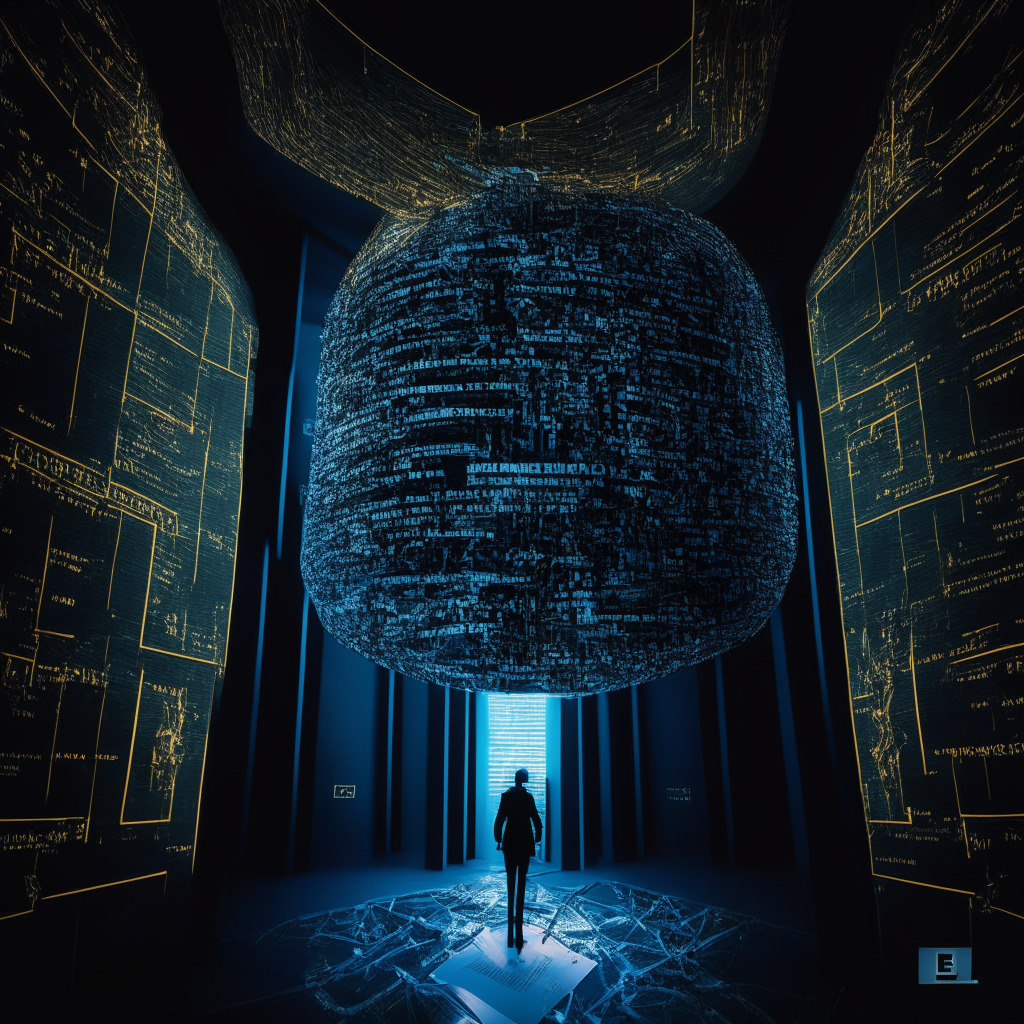EU legislators are advancing a draft bill to regulate artificial intelligence (AI) technology, with a focus on ensuring transparency without implementing a complete ban on high-risk AI tools. Generative AI tools, such as ChatGPT and Midjourney, caught in the crossfire, find themselves facing heightened obligations to disclose any use of copyrighted material in AI training.
Following Italy’s temporary ban on ChatGPT, German regulators are now demanding explanations from OpenAI concerning its intentions and capability to comply with Europe’s strict General Data Protection Regulation (GDPR). Troubling future prospects for the United States-based AI companies, Europe’s data watchdog anticipates potential conflict for OpenAI between increasingly stringent EU regulations and mounting legal pressures back in the United States.
While some stakeholders believe that a proposed six-month developmental pause is not the answer, Mira Murati, the Chief Technology Officer at OpenAI, welcomes government regulators to be more involved in shaping safety standards for the deployment of advanced AI models.
Switching gears to South Korea, a district court has determined that Terra (LUNA) is not a security according to the country’s Capital Markets Act, thus dismissing security violation charges against Terraform Labs CEO and co-founder, Hyun-seong Shin. Terraform Labs CEO Do Kwon also pushes back against the U.S. Securities and Exchange Commission’s accusations by arguing their claims are not valid and lack jurisdiction.
In other legal developments, a California court’s ruling that Apple violated state competition laws by preventing external in-app payment methods for app developers could pave the way for cryptocurrency and non-fungible token (NFT) projects to incorporate more functionality in their iOS apps.
Lastly, Kraken, the crypto exchange, is challenging the U.S. Internal Revenue Service’s (IRS) demand for customer data, labelling it an “unjustified treasure hunt.” Part of an ongoing contest, Kraken is defending users’ rights using a precedent set by Coinbase, which managed to push back the IRS’s initial request for information in a case in 2017.
In conclusion, the European Union’s draft bill on AI transparency demonstrates growing concerns over generative AI tools, such as ChatGPT and Midjourney, and the implications of their use of copyrighted material. Across multiple jurisdictions, legal battles are taking place as companies push back against regulations that may limit their growth potential or harm their customers’ interests. The unfolding of these events will undoubtedly shape the future of AI development, cryptocurrency, and the overall technology landscape.
Source: Cointelegraph




